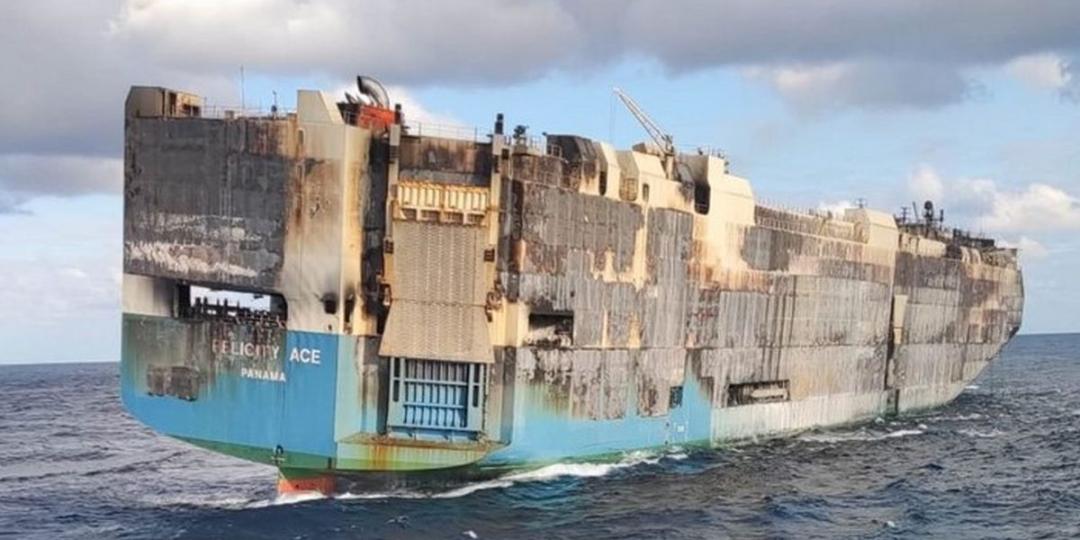The proliferation of fires on board cargo ships has motivated the launch of a Cargo Fire and Loss Innovation Initiative (CFLII).
Founded by UK-based Safetytech Accelerator, in partnership with some of the biggest names in the shipping industry - Evergreen Line, HMM, Maersk, Offen Group, ONE, Seaspan and ship certifier, Lloyd’s Register - the initiative aims to study how cargo is loaded and monitored in order to create early detection mechanisms for fires aboard ships.
CFLII is a collaborative initiative aimed at discovering technological solutions, identifying new protocols and regulations, and conducting trials in order to find the best recommendations and practices. This includes doing research into the regulated movement and monitoring of cargo, finding better methods to detect and prevent the spread of fire, and better understanding the challenging structure of complex and increasingly larger vessels.
While there has been increased investment in advanced vessel fleets and smart containers for transportation, there have been many safety issues due to cargo non-declaration or misdeclaration, especially with the increasing transportation of electric vehicles with lithium-ion batteries.
“The main root cause for cargo fires on container ships is the integrity of dangerous goods throughout the supply chain. Therefore, it is a problem that can only be improved through industry-wide solutions,” Maersk’s Aslak Ross said in a statement published by the Financial Post.
These chemical fires and loss of cargo not only compromise the safety of the crew aboard but also create waste that can be environmentally damaging.
Often existing regulations and protocols do not equip crews with enough information to prevent these fires, as they are started by rechargeable lithium-ion batteries which create chemical fires that behave differently from normal fires. These fires are estimated to burn at about 1 600˚C and create hazardous vapour chemical by-products such as hydrogen cyanide. Over 10 000 litres of water would be required to put them out, and in the worst case, harmful chemical washes would have to be used as suppressors.
Furthermore, lithium-ion batteries which have faced fire and damage can still contain energy trapped inside, known as stranded energy, resulting in reignition days after it has been suppressed.
In Allianz Global Corporate & Speciality’s 2022 safety and shipping review, it was reported that over 70 fires on ships had occurred between 2017 and 2022, risking lives and cargo.
As a result of this high-risk cargo being more frequently transported, other organisations such as the National Fire Protection Association, Danish DBI, the EU-funded research LASH fire, Tesla, the International Maritime Organization, and Allianz Global Corporate & Specialty have all turned their attention and resources towards resolving this issue.













